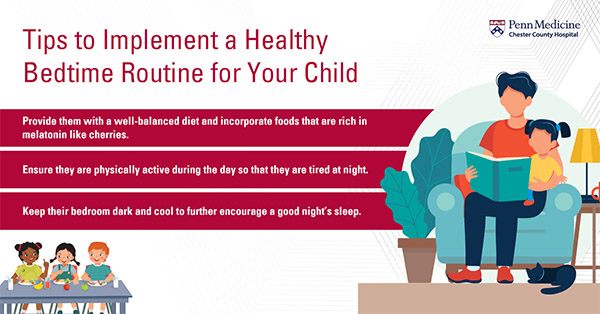
Noise machines have become a popular tool for many parents aiming to create a soothing environment for their children, especially during sleep. These devices emit sounds -- like white noise, nature sounds or lullabies -- intended to help promote relaxation and reduce distractions.
While they can be beneficial for promoting better sleep among other things, parents should take the time to understand their potential impact on their child's hearing, particularly during this crucial developmental stage. While doing your research, examine not only the benefits, but also the risks of noise machines and educate yourself on how to use them safely.

While children can benefit from having a noise machine added to their routine, there are also some risks. Here are a few pros and cons to them.
Noise Machines Can Help Your Child Catch More ZZZ's
"One of the primary benefits of noise machines is that they’ve been proven to improve sleep quality and help children fall asleep more quickly," says Jason Komasz, MD, Medical Director, CHOP Newborn and Pediatric Care at Chester County Hospital. "A study involving two groups of 20 newborns in a randomized trial found that 80% of babies fell asleep within 5 minutes in response to white noise (one of the types of noises that these machines can offer) while only 25% in the control group fell asleep spontaneously without the use of white noise. The consistent, gentle sounds noise machines produce can help drown out loud outside noises that might disturb sleep, such as traffic or household sounds."
Noise Machines Can Help With Productivity
If you're looking for an option to help your child concentrate during tasks that require focus, such as homework or reading, implementing the use of a noise machine might be worth considering. In fact, studies of children with ADHD or ADHD symptoms found white and pink noise to be beneficial for task performance (white noise contains all frequencies of noise and sounds like static while pink or brown noise is focused on the lower frequencies and may sound like rain or a waterfall). Since white noise contains all frequencies, it helps mask external noises, further eliminating stimuli that can arouse children and conversely creating a calming effect. The steady background noise can reduce distractions and promote concentration.
Noise Machines May Have Risks for Children
"One of the primary concerns with noise machines is the volume at which they are set," points out pediatric nurse Brett Francis, BSN, RN, CPN. "While the Academy of Pediatrics (AAP) recommends that nurseries have a volume maximum of around 50 decibels, many noise machines elevate their volumes beyond that recommendation, which can potentially damage your child's delicate ears."
If you’re going to put one in their bedroom, be sure to monitor the volume and use the machine responsibly. With dozens of options available that offer adjustable volume settings and a variety of sound options, parents have plenty to choose from, allowing you to customize the experience to suit your child's preferences without risking their hearing health.
Another key factor in controlling the volume level of noise machines is ensuring they are placed away from your child's bed and at a reasonable distance. Experts recommend placing them at least seven feet away from the bed.
Noise Machines Can Lead to Hearing Loss With Prolonged Exposure
While you may be tempted to dive right into using a noise machine for your child because of the benefits it can provide, it's important to also consider the potential health issues that can come with prolonged exposure to noises and the adverse effects they can have on hearing, especially in developing children.
While parents may want to leave noise machines on throughout the night or during homework time every day, constant exposure to any noise can contribute to hearing problems over time. If you're going to use a machine, ensure you aren’t becoming too reliant on it or using it too frequently. Speak with your child's pediatrician to learn more about how long and how often it is recommended for you to use a noise machine in your child's room.
Deciding What's Right for You
As you're determining how to promote good sleep practices for your child, adding a noise machine into the mix may be a helpful aid, but it shouldn't be treated as a primary solution. Instead, consider other strategies for creating a conducive sleep environment for them.
One important aspect to making sure they are getting their proper rest is providing them with a well-balanced diet. Studies have shown that high carbohydrate diets and consuming foods like cherries that contain tryptophan, melatonin and phytonutrients may be linked to improved sleep.
Additionally, consider implementing a consistent bedtime routine to help your child unwind before bed. A recent study found that more bedtime routine consistency led to less nighttime waking and sleep problems among children.
As with any aspect of your child's routine, it's important to do your own research and consult with experts, so you can be sure that you're providing them with the healthiest solutions. Deciding whether or not to use noise machines in their daily lives is no different.
Additional Information:
Chester County Hospital is home to CHOP Pediatric Care, and combines the extensive resources of the Children's Hospital of Philadelphia with the strong experience and excellent facilities of Chester County Hospital including its dedicated Pediatric Unit.